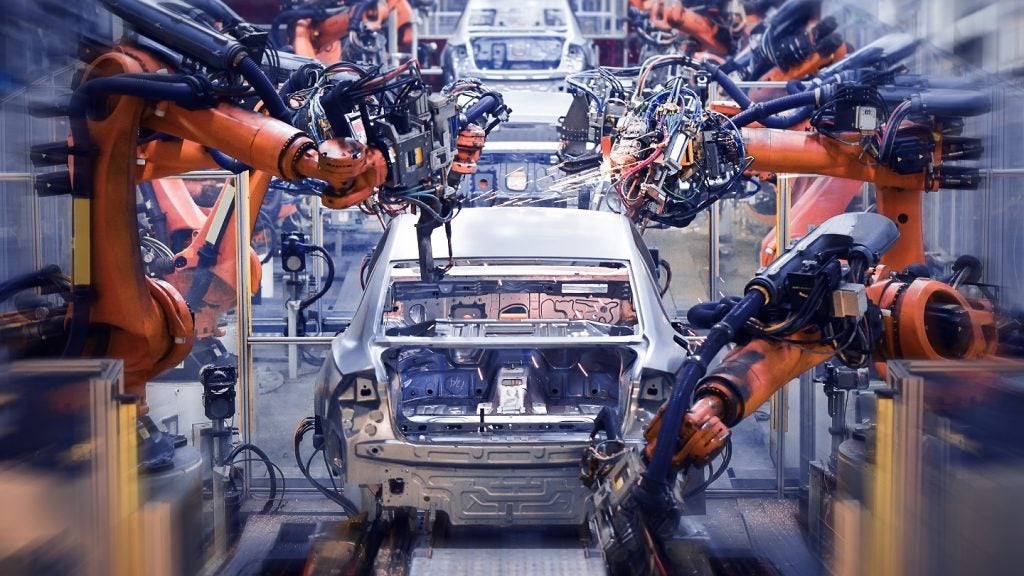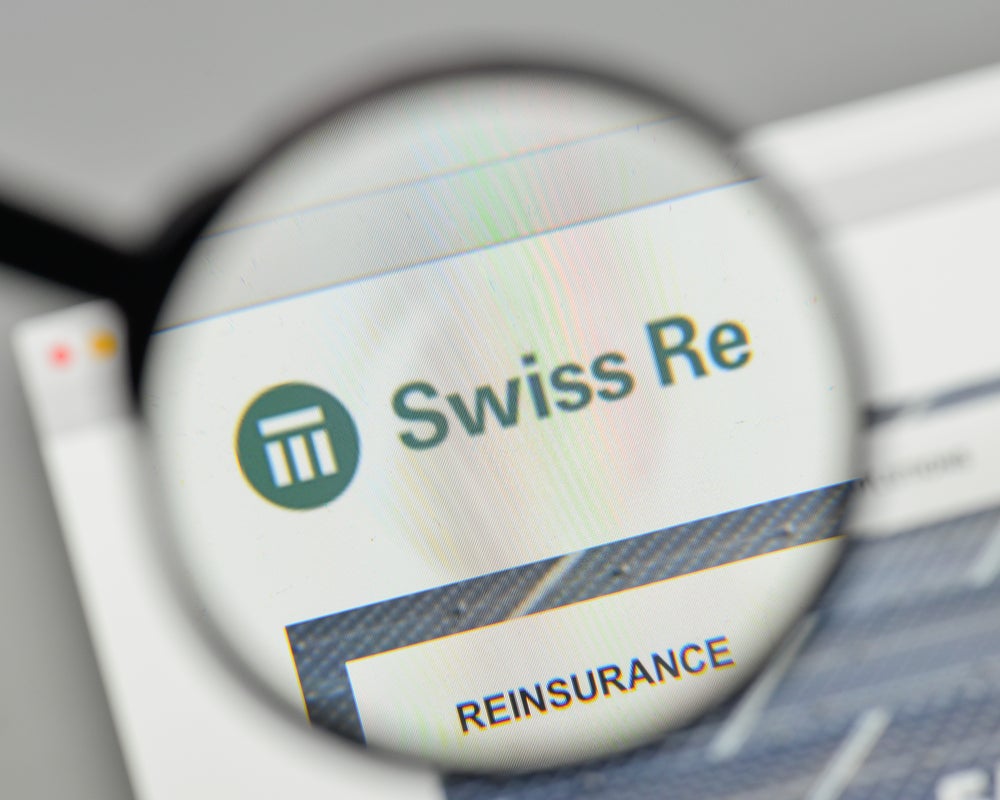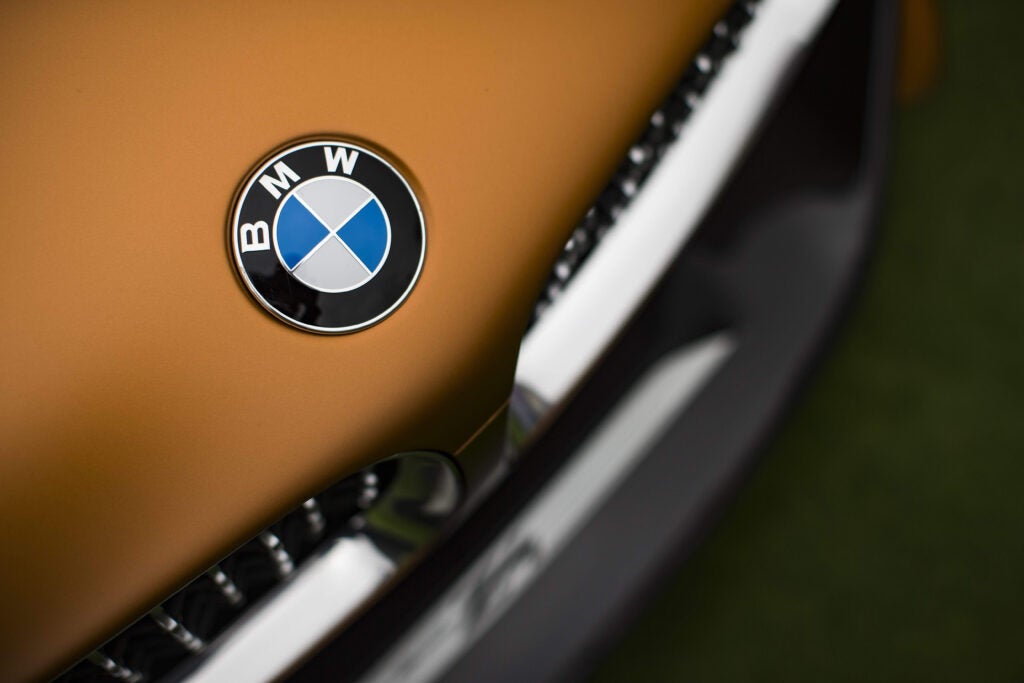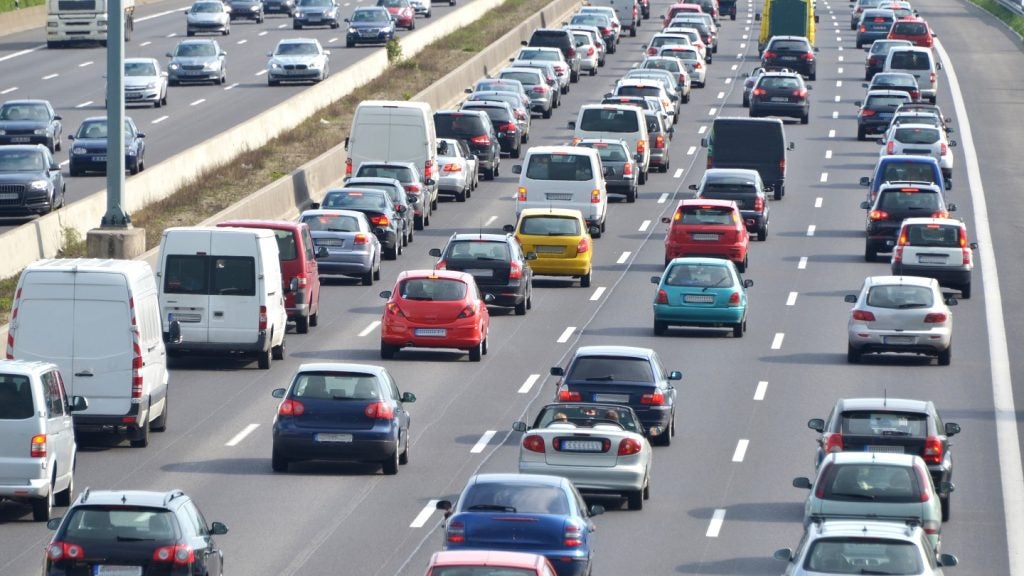
Car insurance premiums in the UK have hit an unprecedented high, with data last month revealing that the average cost of car insurance in the UK has reached a record high, standing at nearly £1,000.
According to the price comparison website Confused.com, its index indicates a price surge of over 50% in the past year, resulting in drivers facing an average payment of £995 for their car insurance – the highest ever recorded in the UK.
In January, data from the ABI’s Motor Insurance Premium Tracker, covering Q4 2023, revealed a persistent increase in the average price paid for motor insurance.
Costs have risen by 12% compared to the previous quarter (Q4 vs Q3 2023), primarily due to significant hikes in insurers’ expenses for claim payouts.
The annual average for motor cover in 2023 was 25% higher than in 2022. The tracker, analysing nearly 28 million policies annually, is unique in focusing on the actual prices paid by customers, providing a more accurate reflection of costs than quoted figures. The average premium for private motor insurance in Q4 2023 was £627, marking a 34% increase from Q4 2022.
Claims.co.uk has identified some of the key factors contributing to the surge in car insurance prices:
How well do you really know your competitors?
Access the most comprehensive Company Profiles on the market, powered by GlobalData. Save hours of research. Gain competitive edge.

Thank you!
Your download email will arrive shortly
Not ready to buy yet? Download a free sample
We are confident about the unique quality of our Company Profiles. However, we want you to make the most beneficial decision for your business, so we offer a free sample that you can download by submitting the below form
By GlobalData- Inflation Impact: The primary driver behind the rise in car insurance premiums is inflation. Settlement of claims often spans several months, and the economy undergoes significant changes during this period. With inflation rates standing at approximately 3% in 2024, the cost of car insurance has inevitably felt the impact.
- Energy Crisis Influence: The ongoing energy crisis has led to a 36% increase in energy bills since 2021, as reported by the House of Commons. This surge has had a domino effect on the costs associated with vehicle repairs, consequently influencing the upward trajectory of car insurance premiums.
- Escalation in Materials and Labour Costs: Research from the Association of British Insurers (ABI) indicates a 33% rise in the cost of repairing vehicles in the first quarter of 2022. Simultaneously, labour costs have soared by 40% during the same period. These substantial increases in repair expenses and labour costs contribute significantly to the elevated prices of car insurance premiums.
- Supply Chain Delays: Supply chain disruptions in 2023 impacted 77% of mid-sized businesses, causing a ripple effect in the manufacturing industry. These disruptions have extended the time vehicles spend in repair garages, resulting in increased usage of courtesy cars and, subsequently, driving up insurance premiums.
- Ban on Loyalty Premiums: The Financial Conduct Authority (FCA) implemented a ban on loyalty premiums, also known as price walking, in 2022. Previously, companies could offer lower initial prices to new customers and incrementally raise costs annually for existing customers. The ban requires companies to present higher premiums from the outset, contributing to the overall spike in prices observed in 2024.
A spokesperson from Claims.co.uk said: “In the final quarter of 2023, the UK entered a recession, impacting various aspects of people’s lives, including the notable increase in car insurance premiums.”







